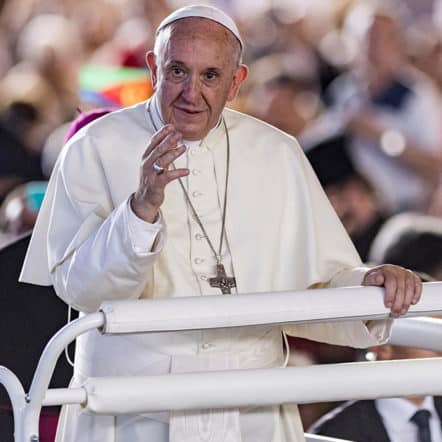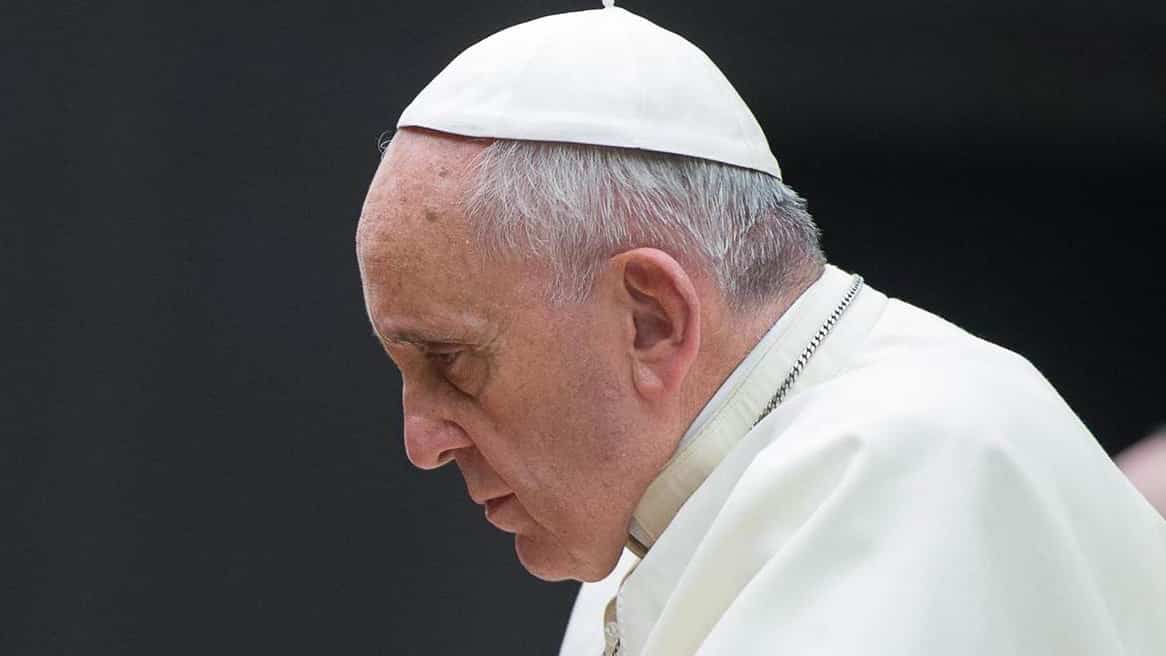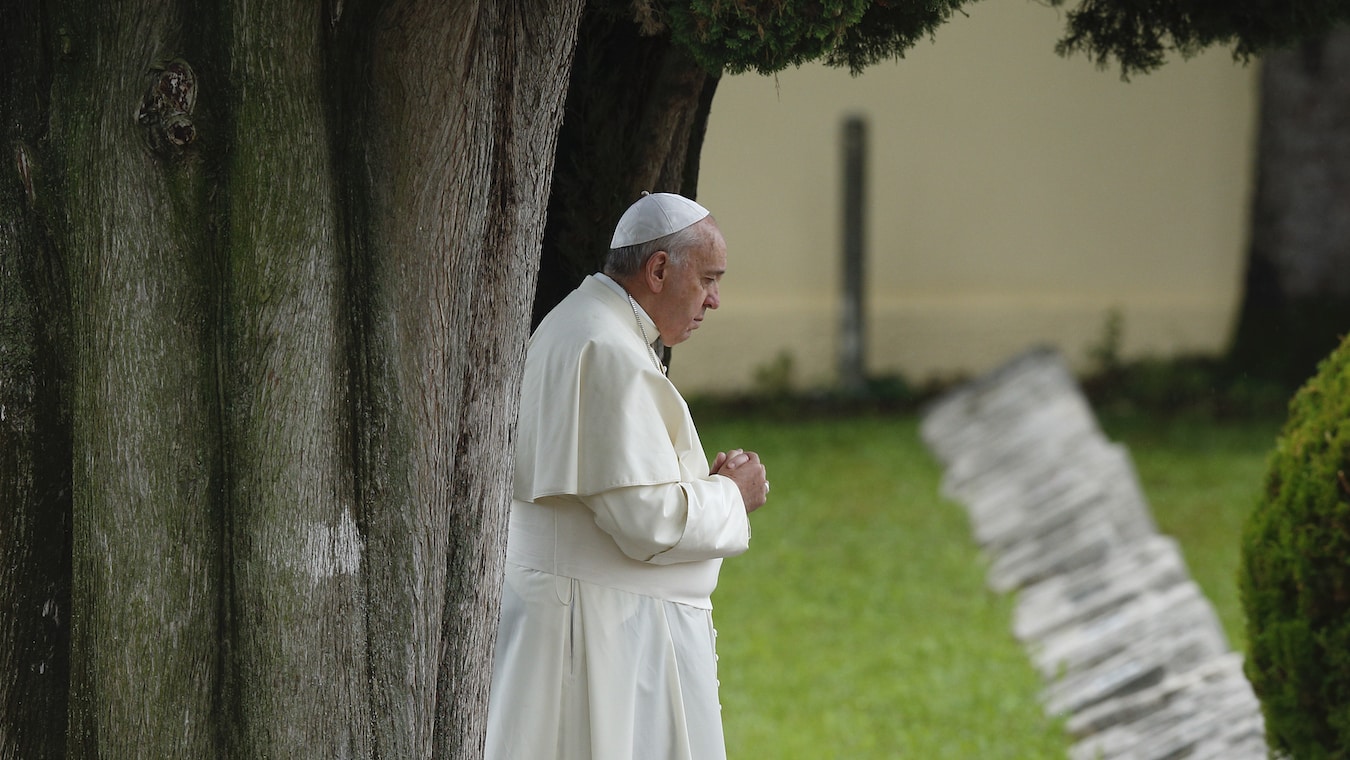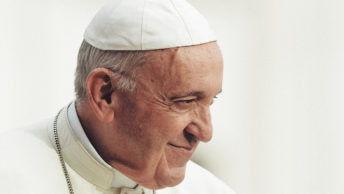Summary of Part 1: In Rerum Novarum (1891) Pope Leo XIII wrote: “The first and most fundamental principle . . . if one would undertake to alleviate the condition of the masses, must be the inviolability of private property.” [Paragraph 15. Emphasis added] The solution to poverty, he argued, was not to redistribute wealth but to increase ownership. In time, though, the concept of property was expanded to include monetary assets, and in the Great Depression, the idea of charity changed from neighbor helping neighbor to government helping everyone.This change affected theological thought. For example in Quadragesimo Anno (1931), Pius XI claimed to affirm Leo’s view, but then not only opposed Leo’s “no seizing . . . under the pretext of equality” but blessed the State’s seizing of private property as “a friendly service” to property owners, and linked the redistribution of property to “the common good” and “social justice” (Pars, 49, 58, and 110).
Pius XI’s statement was a clear contradiction of Leo’s “fundamental principle.” After all, if something is “inviolable,” it is not open to being “seized,” no matter the “pretext.” Any one of Pius’ successors could have noted the contradiction and resolved it but, in fact, no one did. Instead, they ignored it and endeavored to wed the competing ideas. Here are the most noteworthy examples of that endeavor.
POPE SAINT JOHN XXIII‘s MATER ET MAGISTRA (1961). All emphasis is added.
“. . . Private ownership of property, including that of productive goods, is a natural right which the State cannot suppress. But it naturally entails a social obligation as well. It is a right which must be exercised not only for one’s own personal benefit but also for the benefit of others.” [Par 19]
“ With regard to private property, Our Predecessor reaffirmed its origin in natural law, and enlarged upon its social aspect and the obligations of ownership.” [Par 30]
“Concerning the use of material goods, Our Predecessor [Pius XII] declared that the right of everyman to use these for his own sustenance is prior to every other economic right, even that of private property. The right to the private possession of material goods is admittedly a natural one; nevertheless, in the objective order established by God, the right to property cannot stand in the way of the axiomatic principle that ‘the goods which were created by God for all men should flow to all alike, according to the principles of justice and charity’” [Par 43]
“‘The right of private ownership of goods, including productive goods, has permanent validity. It is part of the natural order, which teaches that the individual is prior to society and society must be ordered to the good of the individual. [Par 109] . . . The Church aims rather at securing that the institution of private property be such as it should be according to the plan of the divine Wisdom and the dispositions of Nature.’ Hence private ownership must be considered as a guarantee of the essential freedom of the individual, and at the same time an indispensable element in a true social order.” [Par 111]
“State and public ownership of property is very much on the increase today. This is explained by the exigencies of the common good, which demand that public authority broaden its sphere of activity. But here, too, the “principle of subsidiary function” must be observed. The State and other agencies of public law must not extend their ownership beyond what is clearly required by considerations of the common good properly understood, and even then there must be safeguards. Otherwise private ownership could be reduced beyond measure, or, even worse, completely destroyed.” [Par 117]
COMMENT: Pope John does not initially challenge Leo’s view that the right to private property is inviolable and cannot be abridged, but he might as well have done so because he claims that right is qualified by the social obligations of ownership. He then goes further and says that it is the “right of every man” to use material goods (a type of property), and that right takes precedence over the right of private property. And he adds that justice and charity demand that the goods God created for mankind “should flow to all alike” as a matter of both justice and charity. This contradicts Leo’s firm pronouncement that giving “to the indigent” is “a duty, not of justice (save in extreme cases), but of Christian charity—a duty not enforced by human law” (Rerum Novarum, Par 22). By making the “flowing” of goods a matter of justice, Pope John reinforced Pius XI’s idea of “bring[ing] private ownership into harmony with the needs of the common good.” Today, such action is known as “redistributing wealth.”
POPE SAINT JOHN PAUL II’s LABOREM EXERCENS (1981). All emphasis is added.
“Christian tradition has never upheld [the right to ownership or property] as absolute and untouchable. On the contrary, it has always understood this right within the broader context of the right common to all to use the goods of the whole of creation: the right to private property is subordinated to the right to common use, to the fact that goods are meant for everyone.” [Par 14]
COMMENT: Here, Pope John Paul affirms John XXIII’s assertion that the right of everyone to use the goods of creation takes precedence over the right to private property. Thus, by implication he affirms what Pius XI called the “friendly service” of seizing private property. And who would do the seizing? Certainly not those in need of charity, but instead the government. Keep in mind that John Paul was the bravest and most effective opponent of Marxist Socialism. The only reasonable explanation for his following Pius’ and John’s line of thought is that he mistakenly thought western democracy had grown too strong ever to embrace Socialism’s idea of state dominance.
POPE SAINT JOHN PAUL II’s CENTESIMUS ANNUS (1991). All emphasis added.
“The type of private property which Leo XIII mainly considers is land ownership. But this does not mean that the reasons adduced to safeguard private property or to affirm the right to possess the things necessary for one’s personal development and the development of one’s family, whatever the concrete form which that right may assume, are not still valid today. This is something which must be affirmed once more in the face of the changes we are witnessing in systems formerly dominated by collective ownership of the means of production, as well as in the face of the increasing instances of poverty or, more precisely, of hindrances to private ownership in many parts of the world, including those where systems predominate which are based on an affirmation of the right to private property. As a result of these changes and of the persistence of poverty, a deeper analysis of the problem is called for… “[Par 6]
“. . . The Successors of Leo XIII have repeated this twofold affirmation: the necessity and therefore the legitimacy of private ownership, as well as the limits which are imposed on it. [Next, quoting Vatican 2, Gaudium et Spes], ‘Private property or some ownership of external goods affords each person the scope needed for personal and family autonomy, and should be regarded as an extension of human freedom … Of its nature private property also has a social function which is based on the law of the common purpose of goods’” [Par 30].
“. . . It is through work that man, using his intelligence and exercising his freedom, succeeds in dominating the earth and making it a fitting home. . . This is the origin of individual property. Obviously, he also has the responsibility not to hinder others from having their own part of God’s gift; indeed, he must cooperate with others so that together all can dominate the earth“ [Par 31].
“. . . “Capitalism should be the goal of the countries now making efforts to rebuild their economy and society” if by capitalism is meant “an economic system which recognizes the fundamental and positive role of business, the market, private property and the resulting responsibility for the means of production, as well as free human creativity in the economic sector.” [Par 43]. “. . . Economic activity . . . presupposes sure guarantees of individual freedom and private property, as well as a stable currency and efficient public services. Hence the principal task of the State is to guarantee this security, so that those who work and produce can enjoy the fruits of their labours and thus feel encouraged to work efficiently and honestly.” [Par 48]
COMMENT: At first Centesimus Annus (written a decade after Laborem Exercens) takes a more moderate perspective on private property, reaffirming the validity of Leo’s view, especially given the advent of social and political changes. But then it returns to the twofold view of property—necessary, but with limitations based on “the law of the common purpose of goods.” It seems clear that John Paul did not anticipate a resurgence of Socialism sufficient to employ “common purpose” against private property, a resurgence that in fact has occurred after his death and is now threatening to undermine not only private property but Democracy
POPE SAINT JOHN PAUL II’s SOLLICITUDO REI SOCIALIS (1987). All emphasis added.
“It is necessary to state once more the characteristic principle of Christian social doctrine: the goods of this world are originally meant for all. The right to private property is valid and necessary, but it does not nullify the value of this principle. Private property, in fact, is under a “social mortgage,” which means that it has an intrinsically social function, based upon and justified precisely by the principle of the universal destination of goods” [Par 42].
COMMENT: The effect of that final sentence is to reduce the importance of private property further and to increase reliance on government to supervise private property’s journey to its “universal destination.” John Paul does not mention government, of course, but it is impossible to imagine any other entity focusing as the “holder” of the “social mortgage” on private property. His phrasing here surely gives encouragement to socialist (or quasi-socialist) politicians who argue for the “entitlement” of the masses to a more equal “distribution” of other people’s wealth. And, coming from a brilliant Pope, this phrasing surely has influenced the thinking of the Magisterium.
(Before I conclude, let me offer this word of caution: Both John and John Paul have been declared saints, and some may be inclined to think my criticism of their writings is therefore inappropriate. That would be a mistake. Saints are human and therefore imperfect. Indeed, it is precisely this fact that makes their sanctity so admirable and encouraging to others. Part of being human, of course, means being susceptible to error. Therefore, to look for weaknesses as well as strengths in their writings is in no way disrespectful to them or to their memory.)
I titled this essay “Pope Francis’ Curious Encyclical.” After closely reviewing the works of his predecessors, however, I find Francis’ thinking somewhat less curious and, in at least one way, quite understandable. Francis has followed an age-old pattern of pontiffs—striving in every way possible to agree with his predecessors and preserve the sense of intellectual continuity that complements the idea of an unchanging Church. This is a noble goal but it does not work when the issue in question involves contradiction. By their very nature, contradictory ideas are disharmonious: in other words, accepting one requires rejecting the other. In the case we are discussing, the century-old attempt to marry Leo’s view that the right to private property is inviolable with the liberal progressive view that the right is subordinate to social justice or the common good has predictably failed. Worse, it continues to cause great mischief. Unless the Magisterium musters the courage to address that failure, western democracy may be vanquished by Socialism.
Copyright © 2020 by Vincent Ryan Ruggiero. All rights reserved








